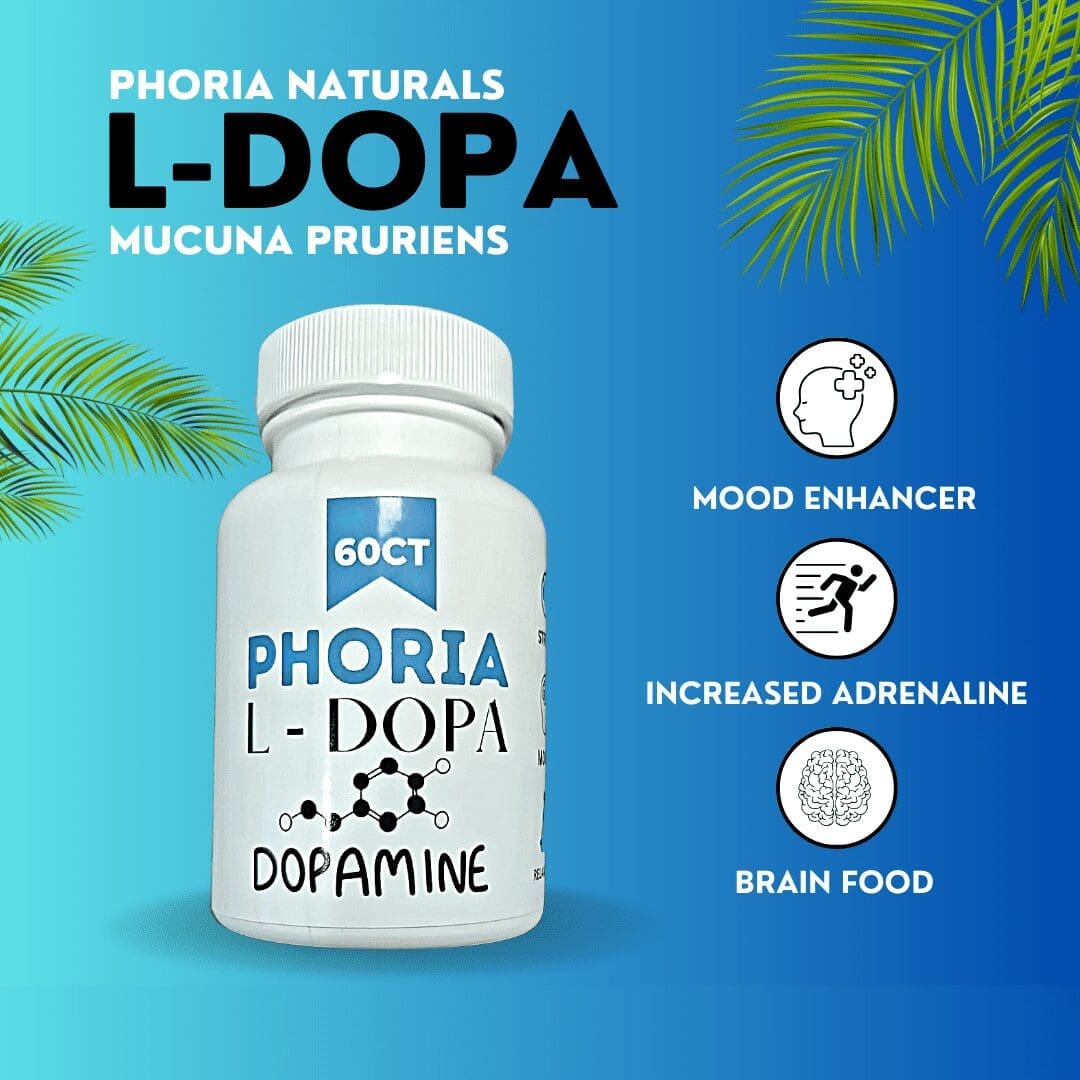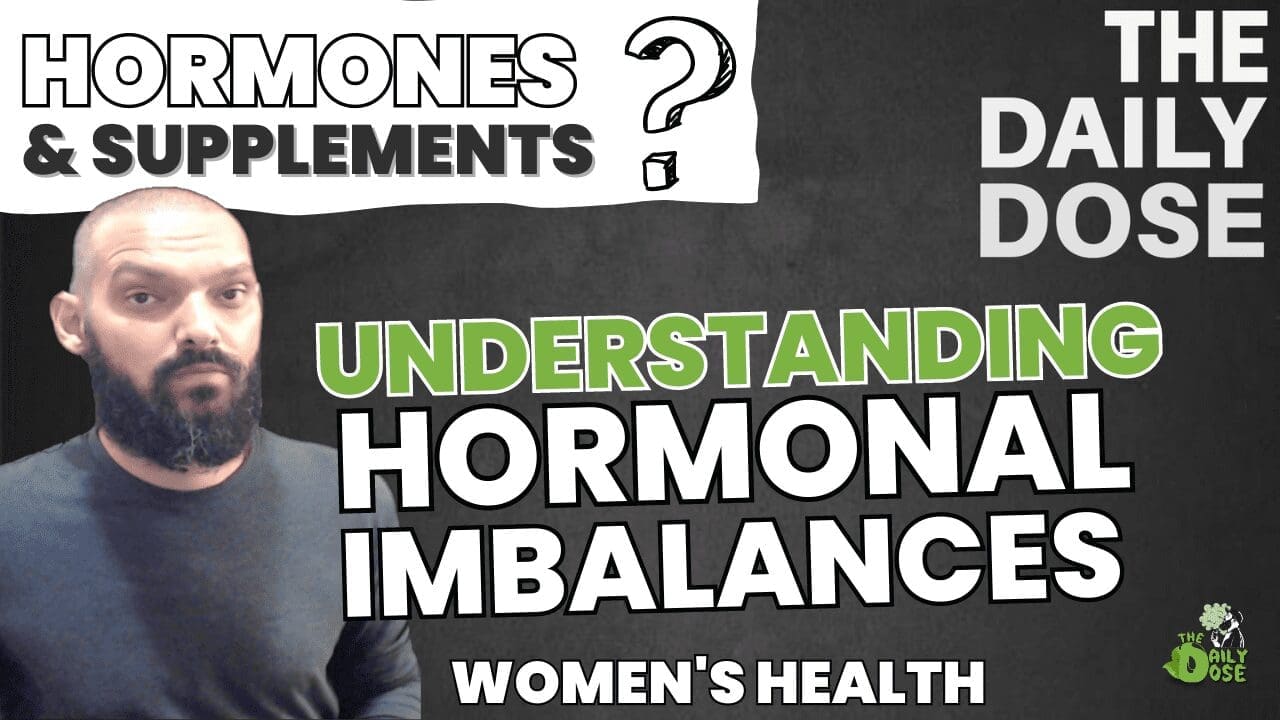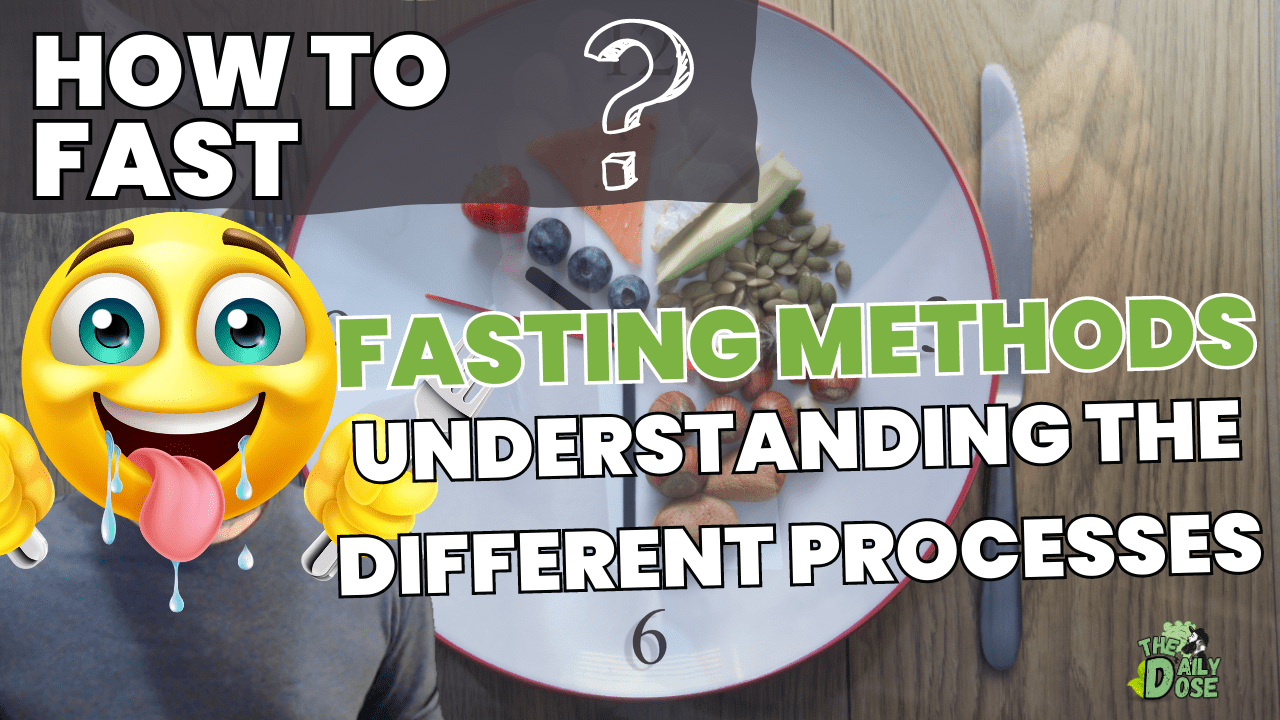Hormonal Imbalances Women’s Health
To Listen To The Full Audio Episode Click Here: The Daily Dose Podcast Audio
Key Take Away
- Common Causes: Hormonal imbalances can result from various conditions, including polycystic ovary syndrome (PCOS), menopause, pregnancy, and thyroid problems. Lifestyle factors such as stress, diet, and physical activity also play a significant role.
- Symptoms and Signs: Women may experience a wide array of symptoms like irregular periods, weight gain or loss, fatigue, mood swings, and hair thinning among others, indicating a possible hormonal imbalance.
- Impact on Fertility: Hormonal imbalances can affect a woman’s reproductive system, leading to challenges with fertility, pregnancy, and the menstrual cycle.
- Treatment Options: Treatments vary based on the underlying cause and may include lifestyle changes, hormone replacement therapy, medication, and in some cases, surgery.
- Importance of Medical Consultation: Due to the complexity of hormonal systems, it’s crucial for women experiencing symptoms of hormonal imbalance to consult healthcare professionals for proper diagnosis and tailored treatment plans.
Introduction
Are you experiencing a range of symptoms that are making you feel off-balance, irritable, and tired? You might be dealing with hormonal imbalances. Hormones are essential chemical messengers in the body that regulate a range of processes such as growth, metabolism, and reproductive functions. However, when these hormones are out of balance, it can lead to a host of health issues.
Hormonal imbalances can be caused by a range of factors such as stress, poor nutrition, and environmental toxins. In this article, we will delve into the world of hormonal imbalance functional medicine and explore its understanding and treatment options.
SUMMARY
Hormonal imbalances in women can stem from various internal and external factors, presenting a spectrum of symptoms that affect physical health, emotional state, and fertility. Professional medical guidance is essential to accurately diagnose and effectively treat these imbalances, ensuring overall well-being and quality of life.
What Is It?
Functional medicine is a patient-centered, holistic approach to healthcare that aims to identify and address the underlying causes of disease. Hormonal imbalance functional medicine is an extension of this approach that focuses on treating hormonal imbalances naturally. It seeks to identify the root cause of hormonal imbalances and create personalized treatment plans to restore balance in the body.
Causes and Symptoms
Hormonal imbalances can be caused by a range of factors such as stress, poor nutrition, and environmental toxins. Symptoms of hormonal imbalances can vary depending on the type of hormone involved, but some common symptoms include:
- Fatigue
- Weight gain or loss
- Mood swings
- Irregular periods
- Infertility
- Insomnia
- Digestive issues
- Skin problems
Diagnosis
Diagnosing hormonal imbalances can be challenging as symptoms can vary widely and can be caused by other underlying conditions. Hormonal imbalance functional medicine practitioners use a range of diagnostic tools to identify hormonal imbalances such as blood tests, saliva tests, and urine tests.
Treatment Options
Hormonal imbalance functional medicine practitioners use a range of treatment options to restore balance in the body. Here are some common treatment options:

Diet and Lifestyle Changes
Diet and lifestyle changes are often the first line of treatment for hormonal imbalances. A balanced diet rich in whole foods such as fruits, vegetables, and lean proteins can help regulate hormone levels. Exercise, stress reduction techniques such as meditation and yoga, and getting enough sleep can also help balance hormones naturally.
Nutritional Supplements
Nutritional supplements such as vitamins, minerals, and herbs can help restore hormonal balance. For example, omega-3 fatty acids found in fish oil can help regulate menstrual cycles, while magnesium can help reduce anxiety and improve sleep.
Bioidentical Hormone Replacement Therapy (BHRT)
BHRT is a treatment option that uses hormones that are identical in structure to those produced by the body to restore hormonal balance. It is often used to treat menopausal symptoms such as hot flashes and night sweats.
Herbal Medicine
Herbal medicine is a natural treatment option that uses herbs to regulate hormone levels. For example, chasteberry can help regulate menstrual cycles, while ashwagandha can help reduce stress and anxiety.
FAQS
What causes hormonal imbalances?
What are the symptoms of hormonal imbalances?
Related Articles:
#womenshealth #hormonalimbalances #hormones #functionalmedicine #learnabouthormones #alternativehealing #herbalsupplements #healthandwellness #naturalmedicines #plantmedicines #learnaboutplantmedicines #thedailydose #wickedsources
Meet The Author





